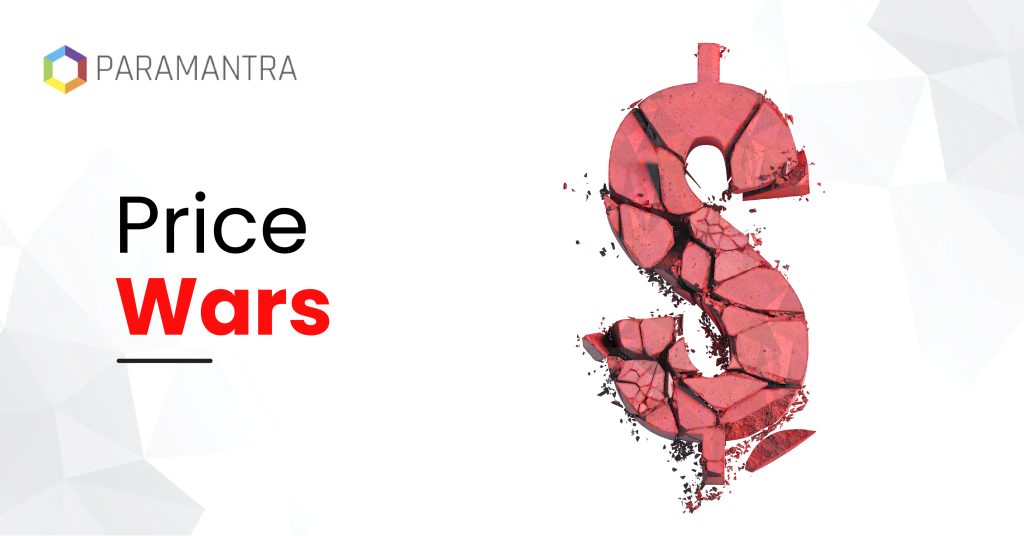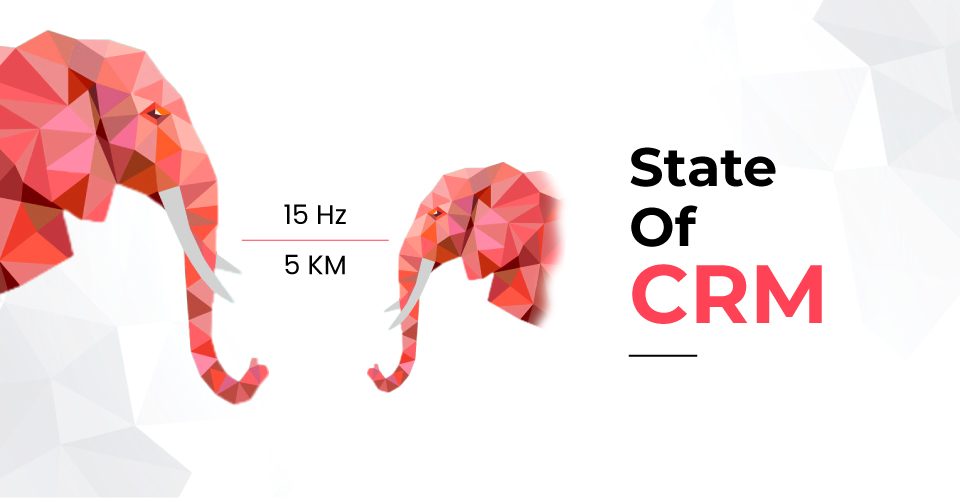A price war is a situation in which two or more businesses in the same industry continuously lower prices to gain a competitive advantage. Price wars can be triggered by various factors, such as new market entrants, changes in consumer preferences, or an oversupply of products. While price wars can lead to temporary benefits for consumers, they can also have significant negative consequences for businesses, such as reduced profitability and long-term damage to brand reputation.
Price wars trigger fierce competition among enterprises, whereby each contender endeavors to secure a greater market share by lowering the prices of their rivals. Such wars involve reducing the prices of products or services in a bid to lure customers and achieve a competitive edge over competitors. Price wars, although they can result in increased sales and market share, can be a double-edged sword for businesses, as they can exert pressure on profit margins and force weaker players out of the market.
Price wars are prevalent in industries with a high number of competitors, where products or services are perceived as interchangeable, and the main distinguishing feature is price. They can be instigated by new players attempting to acquire market share or by established firms striving to defend their position against emerging rivals. Moreover, price wars can be prompted by external circumstances, such as fluctuations in the economy, supply chain disturbances, or shifts in consumer preferences.
Although price wars can result in lower prices and be advantageous for consumers, they can also have adverse effects on both businesses and consumers. Businesses may experience reduced profit margins and a drop in quality as they cut corners to sustain their prices. In addition, consumers may encounter inferior quality products or services, limited innovation, and the exit of less competitive players from the market, which over time reduces the options available to them.
The Cola Wars
The Cola Wars refer to the intense rivalry between Coca-Cola and PepsiCo that began in the 1970s and continued through the 1980s. Both companies engaged in fierce competition for market share, launching advertising campaigns, and introducing new products to the market.
One of the most significant price wars took place in the early 1980s, when PepsiCo initiated the “Pepsi Challenge” campaign, which entailed having consumers participate in blind taste tests between Pepsi and Coca-Cola. The campaign was highly successful, resulting in Pepsi gaining market share.
In response, Coca-Cola launched “New Coke” in 1985, a reformulated version of its classic cola. However, the novel product was poorly received, and Coca-Cola had to reintroduce its initial formula as “Coca-Cola Classic.”
The Browser Wars
The Browser Wars refers to the competition between Microsoft’s Internet Explorer and Netscape Navigator in the 1990s and early 2000s. Microsoft bundled Internet Explorer with its Windows operating system, giving it an advantage over Netscape Navigator, which had to be downloaded separately.
Netscape Navigator reacted by offering its browser for free, instigating a price war between the two enterprises. Ultimately, Microsoft achieved market dominance, and Netscape Navigator was terminated in 2008.
The Airline Price Wars
The Airline Price Wars refer to the intense competition between U.S. airlines in the 1980s and 1990s, resulting in bankruptcies and mergers. In the early 1980s, the airline industry was deregulated, allowing new players to enter the market and compete with established carriers.
The intense competition led to a price war, with airlines slashing prices to attract customers. However, the low prices were not sustainable in the long run, leading many airlines, such as Pan Am, Eastern Airlines, Midway Airlines, and others, to file for bankruptcy or merge with larger carriers.
The Video Game Console Wars
The Video Game Console Wars refer to the rivalry between companies like Nintendo, Sega, and Sony in the 1980s and 2000s, characterized by price wars, technological innovations, and shrewd marketing campaigns.
One of the most notable price wars took place between Nintendo and Sega in the early 1990s, when Sega launched its Genesis console at a lower price than Nintendo’s Super Nintendo Entertainment System (SNES), resulting in an increase in sales for Sega.
Nintendo responded by lowering the price of the SNES and introducing a new console, the Nintendo 64. However, Sega was unable to match Nintendo’s technological advancements, ultimately resulting in the discontinuation of its console business.
Sony entered the market with its competitively-priced PlayStation console in 1994, featuring advanced graphics and processing capabilities. The success of the PlayStation led to the demise of Sega and established Sony as a significant player in the video game console industry.
Grocery Store Price Wars
In the UK, supermarket chains like Tesco, Asda, and Sainsbury’s had engaged in intense price wars. This led to the sale of popular items such as bread, milk, and eggs at very low prices as a strategy to attract customers. For instance, Tesco significantly reduced the price of a four-pint bottle of milk to 89p, while Asda offered a four-pack of tomatoes for just 49p. However, this caused smaller grocery stores to struggle to compete, with some being forced to close down. For example, in 2014, Morrisons closed 10 small convenience stores, citing fierce competition from discount supermarkets like Aldi and Lidl.
Ride-Sharing Price Wars
During the initial stages of ride-sharing, ride-hailing companies like Uber and Lyft participated in price wars to capture a larger portion of the market. This strategy resulted in substantial discounts for riders, with certain rides being as low as $1. Unfortunately, this placed significant pressure on the earnings of drivers, which led to strikes and protests. Several smaller ride-sharing firms such as Sidecar were unable to compete with these reduced prices and ultimately ceased operations in 2015.
Price wars have been a common tactic for companies seeking to expand their market share or drive out their competition. However, research indicates that engaging in price wars can have severe adverse effects on businesses in the long term.



